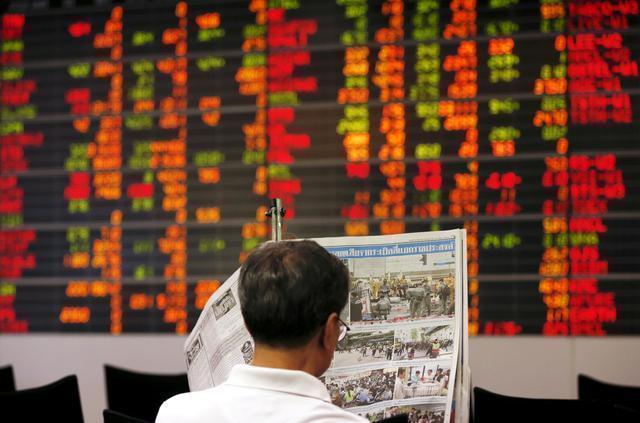This week, the Turkish Statistical Institute (TurkStat) will announce the Construction Cost Index (CCI) for June on Wednesday, and the Industrial Production Index for June on Friday, while the Central Bank will release the balance of payments statistics for June on Thursday.
In May, the CCI increased by 105.7% compared to the previous year. Construction costs have increased six-fold since 2015. Three factors lie behind the recent rise. The first is the direct foreign exchange (FX) rate. As the FX rate rises, the cost of imports directly increases the price of goods and services that use them. The second factor is inflation, with credit expansion and the high FX rate indirectly increasing costs even more. The third factor is the global rise in commodity prices, especially energy and metal prices. The last factor is an out-of-control variable to which the whole world is exposed; the first two, however, are specific to Turkey. Therefore, cost increases in our country outpace those in all other countries. The increase in costs will continue in the coming months. The decrease in metal prices in recent weeks has caused the rise in May to be slower than in the previous few months. We will see that in June as well.
Industrial production has been growing continuously and rapidly for two years. The most important reason for this is the increase in global-demand-supporting exports, which, in turn, supports industrial production. However, we may see slower growth this week than in previous months.
Regarding the balance of payments figures for June, all eyes will be on the current account deficit (CAD). In May, it was as high as USD 6.5bn. This week’s data will probably be in the range of USD 3-4bn. The foreign trade deficit, which is the biggest cause of the CAD, decreased from USD 10.7bn in May to USD 8.2bn in June. On the other hand, the ongoing tourism season may cause service revenues to perform a little better than in May. However, the CAD has already exceeded USD 28bn in the first five months of the year. With this week’s data, it will reach around USD 32bn and will exceed the annual target. Let’s also note the negative effect a possible slowdown in exports in the second half of the year would have on the current account balance.
On the foreign policy side, Western capitals are increasingly alarmed at the deepening ties between Turkey and Russia, raising the prospect of punitive retaliation against the NATO member if it helps Russia avoid sanctions. Six western officials told the Financial Times they were concerned about the pledge made by Turkish and Russian leaders to expand cooperation on trade and energy after the two convened in Sochi last week. One EU official said the 27-member bloc was monitoring Turkish-Russian relations more closely. A senior western official also suggested countries could call on their companies and banks to pull out of Turkey if Turkey follows through with the intentions outlined at the Sochi meeting. Three European officials said the EU had not yet held any official discussions about possible repercussions for Turkey. Several others cautioned that it was unclear what Erdogan and Putin had agreed on and that a formal EU decision on sanctions against Turkey would be challenging given divisions on the matter inside the bloc.
DAILY AGENDA
No important data will be released in the country.
IN OUR MAGAZINE THIS WEEK:
>> On the cover: Foreign Economic Relations (DEIK) President Nail Olpak is on our cover this week. Turkish and Saudi Arabian economic and commercial relations are expected to accelerate following mutual visits. As a first step, a business forum will be held in Turkey. Then, a similar forum will be held in Saudi Arabia. Afterward, a mini fair will be organized for purchases from Turkey. Olpak pointed out that the visa problem has also been resolved and that there are opportunities for Turkish investors in the Neom City megaproject. Three important steps will be taken in autumn to increase bilateral trade with Turkey and Saudi Arabia, Olpak said in an exclusive interview with daily DUNYA. You can read the details on pages 8-9.
>> Our Professor Ilter Turan: U.S.- Chinese tensions are growing. P. 10.
>> Q&A: Adil Karaismailoglu, Minister of Transport and Infrastructure. P. 11.
>> Chief Economist Gunduz Findikcioglu: The Grand Pacific Chessboard. Pp. 12-13.
>> Our Foreign Policy Columnist Zeynep Gurcanli says “isolation is now an issue of survival”. You can read the details on page 14.










